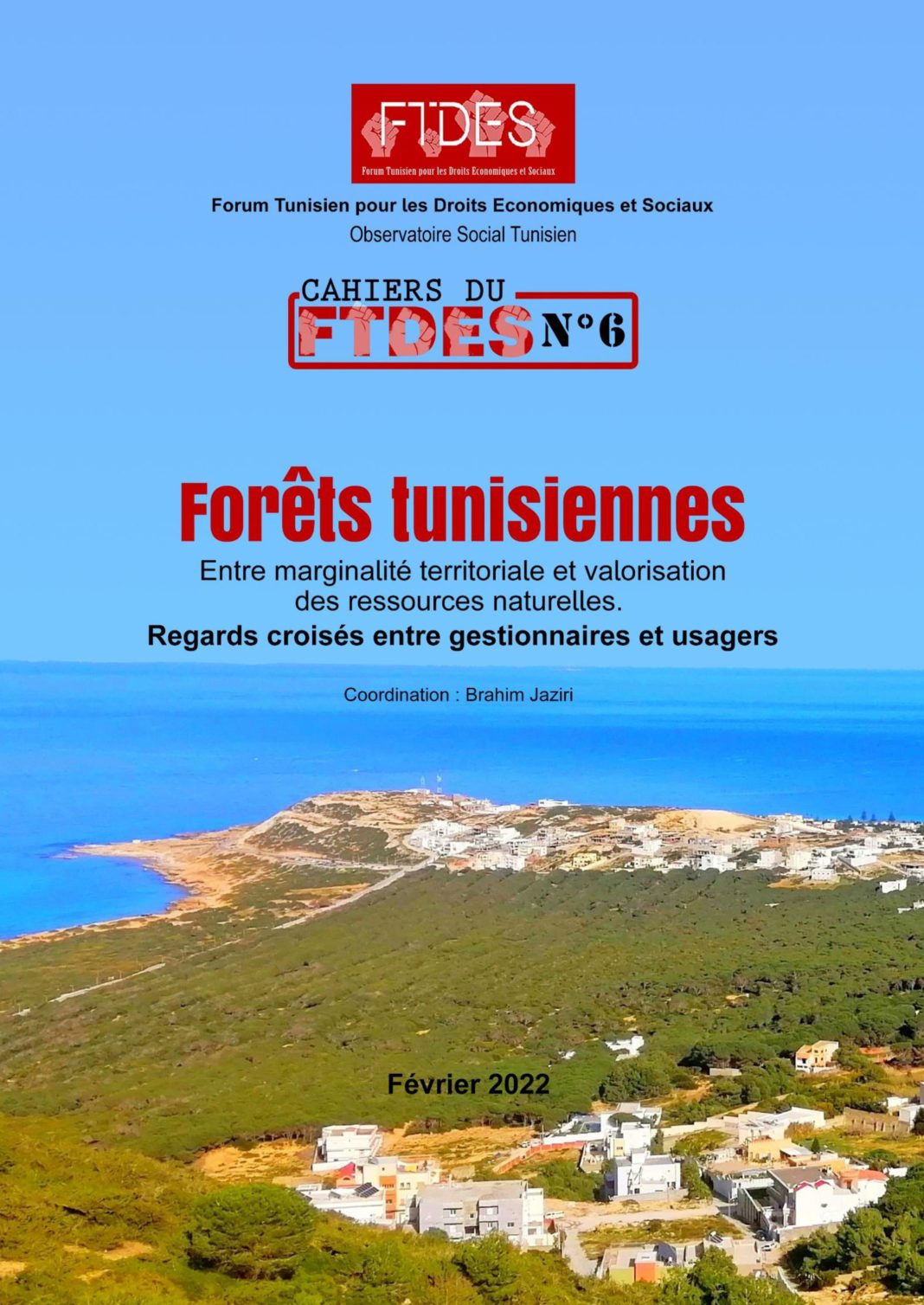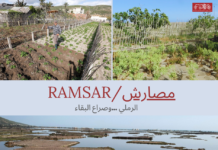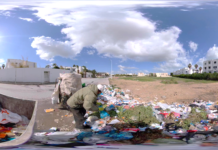Since independence, the Tunisian state has worked to develop and restore vegetation cover. The area of forest land in Tunisia in 2015 amounted to about 1.3 million hectares, which represents 8% of the total area of the country. The forest area in Tunisia is characterized by the presence of a large population of about 750 thousand inhabitants in 2010, representing 8% of the total population. The indicators of social and economic development of the forest population are still lower than the national averages. The poverty rate of forest dwellers was about 46% in 2010, while it does not exceed 20% at the national level, where most of the forest dwellers suffer from poverty, marginalization and unemployment. Forest resources of all kinds are the main source of income for the population there. Since independence, the state has implemented many rural development projects with the participation of international donors. The program of integrated management of forest landscapes in less developed areas aims to improve the infrastructure and improve the income of forest dwellers through direct exploitation of forest products by local residents through their own development groups, within the framework of what is permitted by legal texts. In return, the development pools benefit from the state’s encouragement through the free exploitation of forest products in exchange for the works and services that are carried out in order to protect the forest area and preserve natural resources. The number of development complexes in the field of natural resource management in the wilaya of Bizerte is 42 in 2021. These organizations are mainly concentrated in the west of the state, and 8 of them have been involved in the “Al-Mashhad” program. The project aims to conclude participatory management agreements with local residents to develop agricultural production systems and improve living conditions, allowing forest dwellers to improve their income through direct
exploitation of forest products by local residents. Through their own development groups, as well as to improve the infrastructure to ensure better living conditions. Some of these academies have worked to improve the status of their members, especially women. Despite the importance of this program, the various administrative complications, the emergence of the global Covid pandemic and the seasonal nature of the exploitation of some forest products led to a delay in the completion of many programmed projects, threatening the continuity and success of the program.
Accueil Publications Any role for local development programmes in the advancement With the beneficiaries...

 Français
Français العربية
العربية







